Cancers, Free Full-Text
Por um escritor misterioso
Last updated 21 setembro 2024
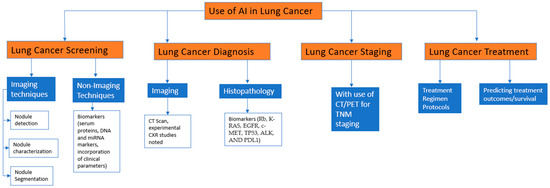
Lung cancer remains one of the leading causes of cancer-related deaths worldwide, emphasizing the need for improved diagnostic and treatment approaches. In recent years, the emergence of artificial intelligence (AI) has sparked considerable interest in its potential role in lung cancer. This review aims to provide an overview of the current state of AI applications in lung cancer screening, diagnosis, and treatment. AI algorithms like machine learning, deep learning, and radiomics have shown remarkable capabilities in the detection and characterization of lung nodules, thereby aiding in accurate lung cancer screening and diagnosis. These systems can analyze various imaging modalities, such as low-dose CT scans, PET-CT imaging, and even chest radiographs, accurately identifying suspicious nodules and facilitating timely intervention. AI models have exhibited promise in utilizing biomarkers and tumor markers as supplementary screening tools, effectively enhancing the specificity and accuracy of early detection. These models can accurately distinguish between benign and malignant lung nodules, assisting radiologists in making more accurate and informed diagnostic decisions. Additionally, AI algorithms hold the potential to integrate multiple imaging modalities and clinical data, providing a more comprehensive diagnostic assessment. By utilizing high-quality data, including patient demographics, clinical history, and genetic profiles, AI models can predict treatment responses and guide the selection of optimal therapies. Notably, these models have shown considerable success in predicting the likelihood of response and recurrence following targeted therapies and optimizing radiation therapy for lung cancer patients. Implementing these AI tools in clinical practice can aid in the early diagnosis and timely management of lung cancer and potentially improve outcomes, including the mortality and morbidity of the patients.
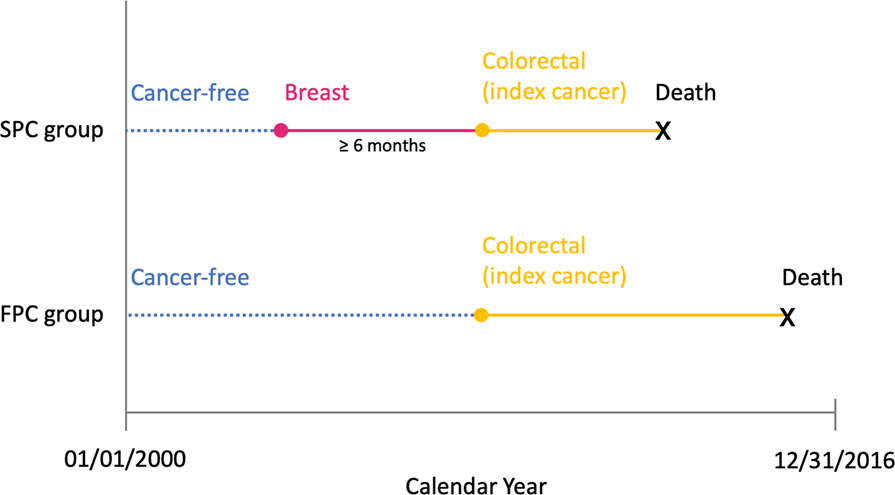
Mortality after second malignancy in breast cancer survivors compared to a first primary cancer: a nationwide longitudinal cohort study
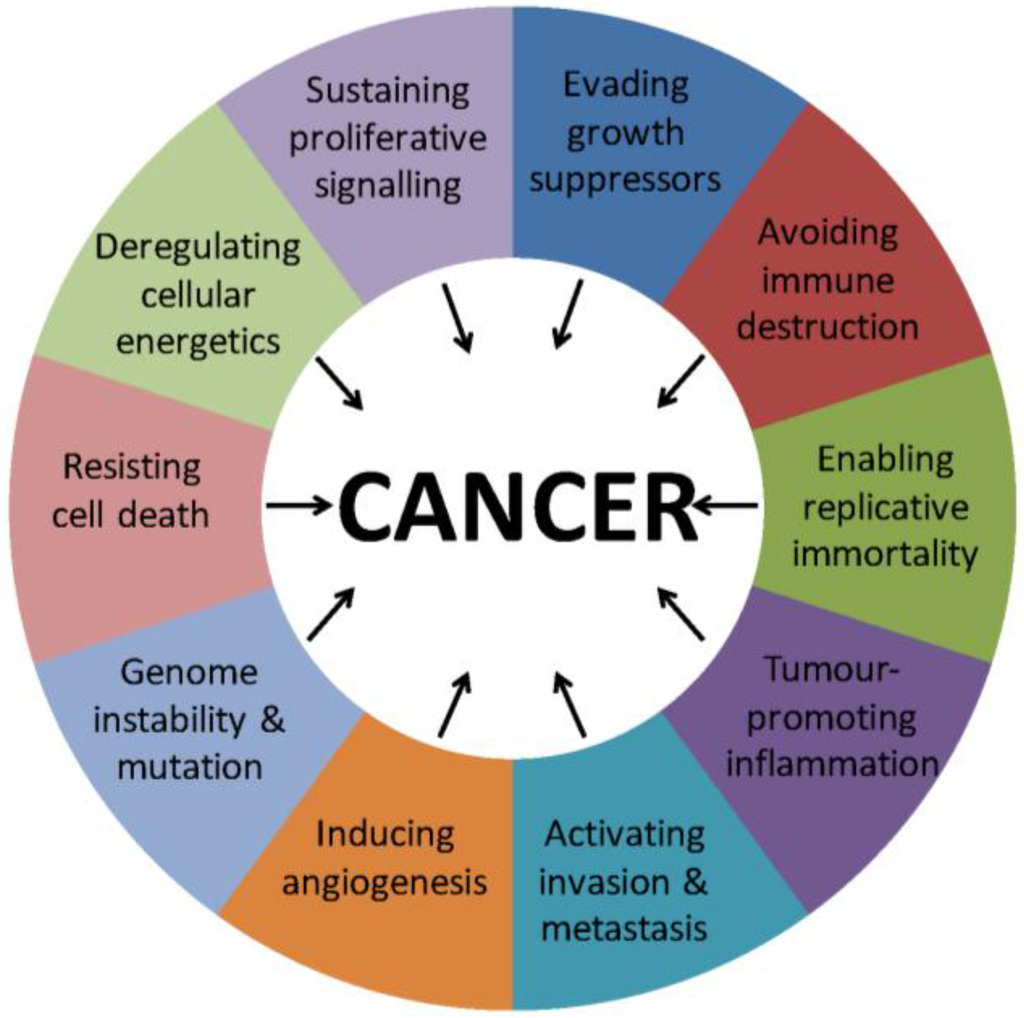
Cancers, Free Full-Text

Predicting peritoneal recurrence and disease-free survival from CT images in gastric cancer with multitask deep learning: a retrospective study - The Lancet Digital Health

Cancer Text Magic, PDF
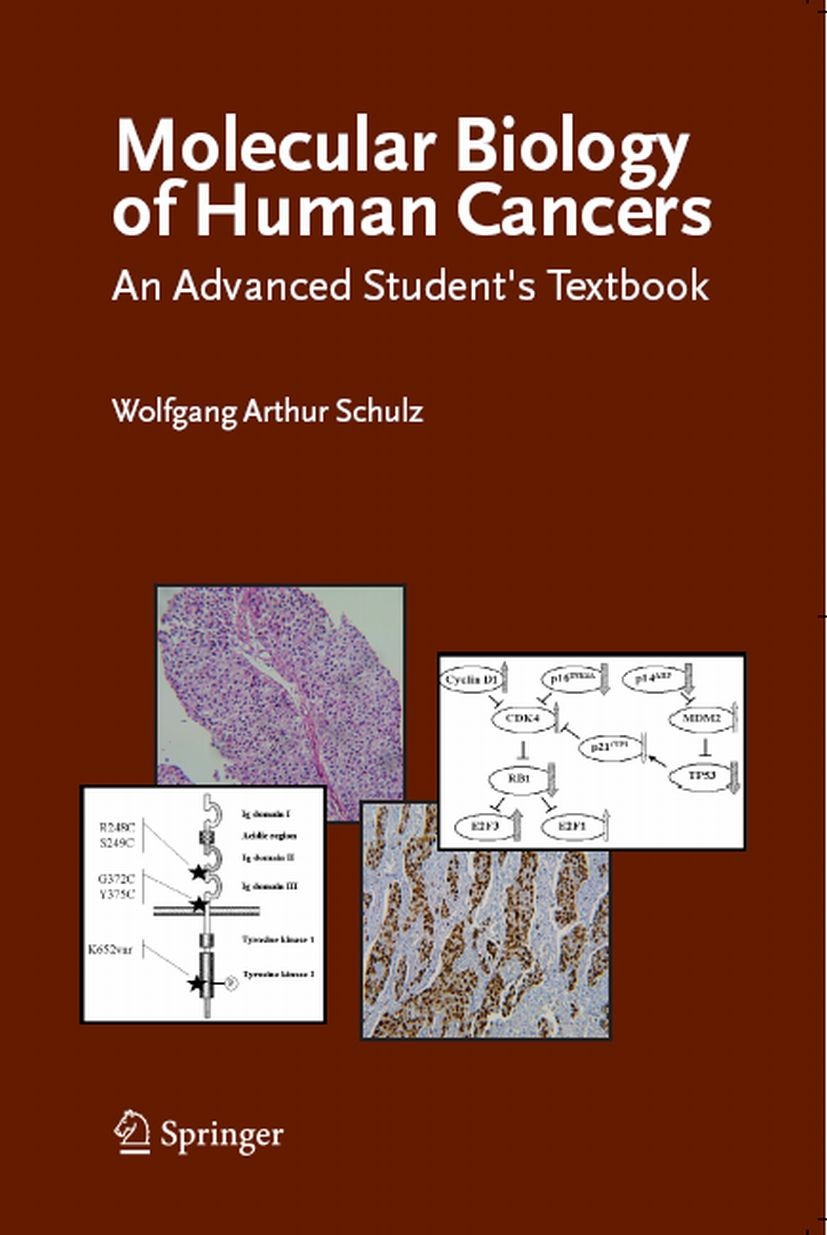
An Introduction to Human Cancers
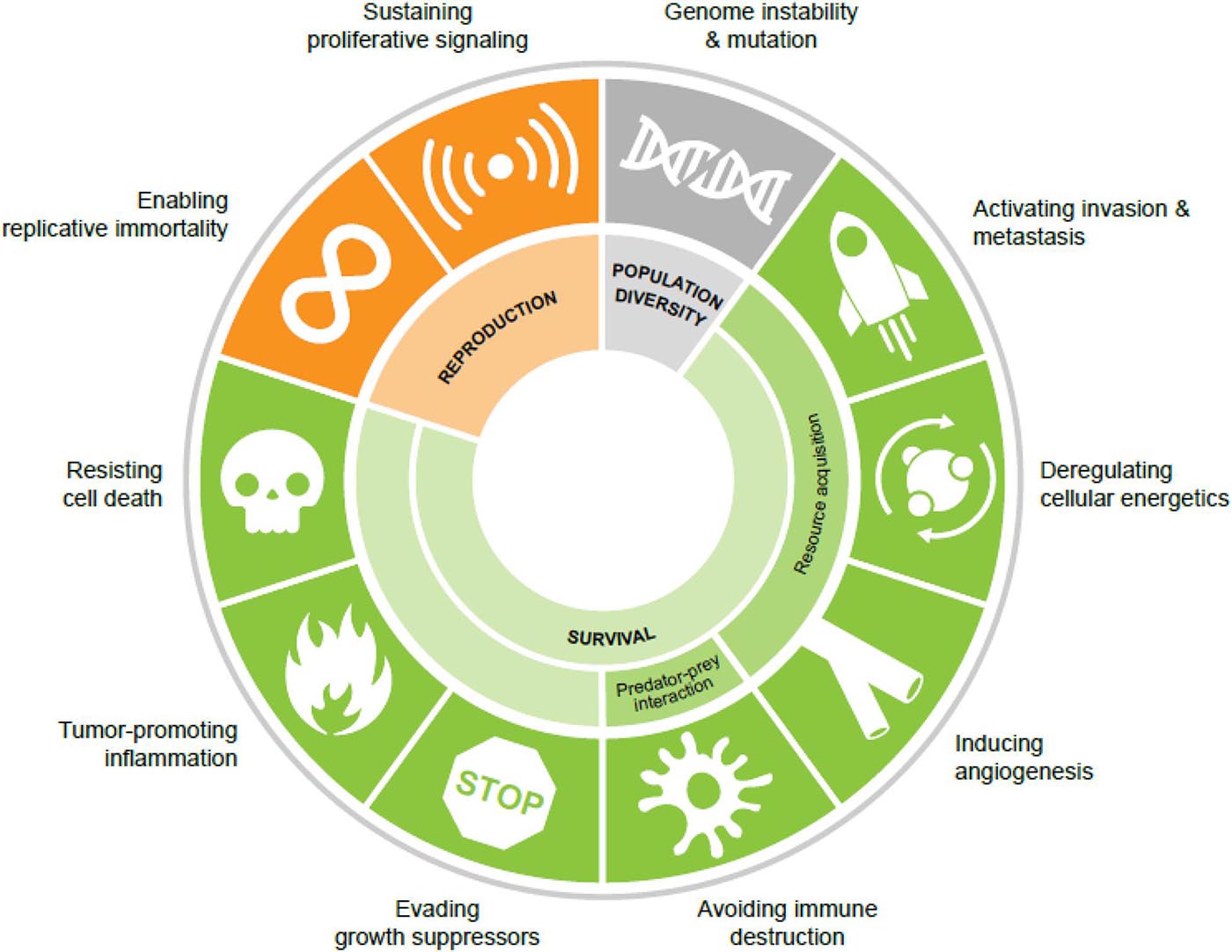
Frontiers The Hallmarks of Cancer as Ecologically Driven Phenotypes
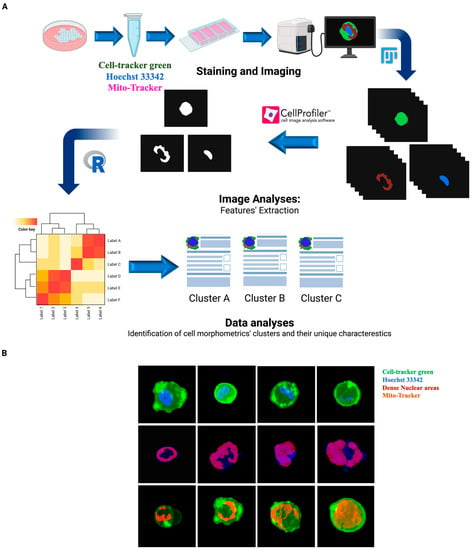
Celltracker Zip Get File - Colaboratory
Cancers, Free Full-Text

Mother find out dying child is cancer free ❤️, cancer free
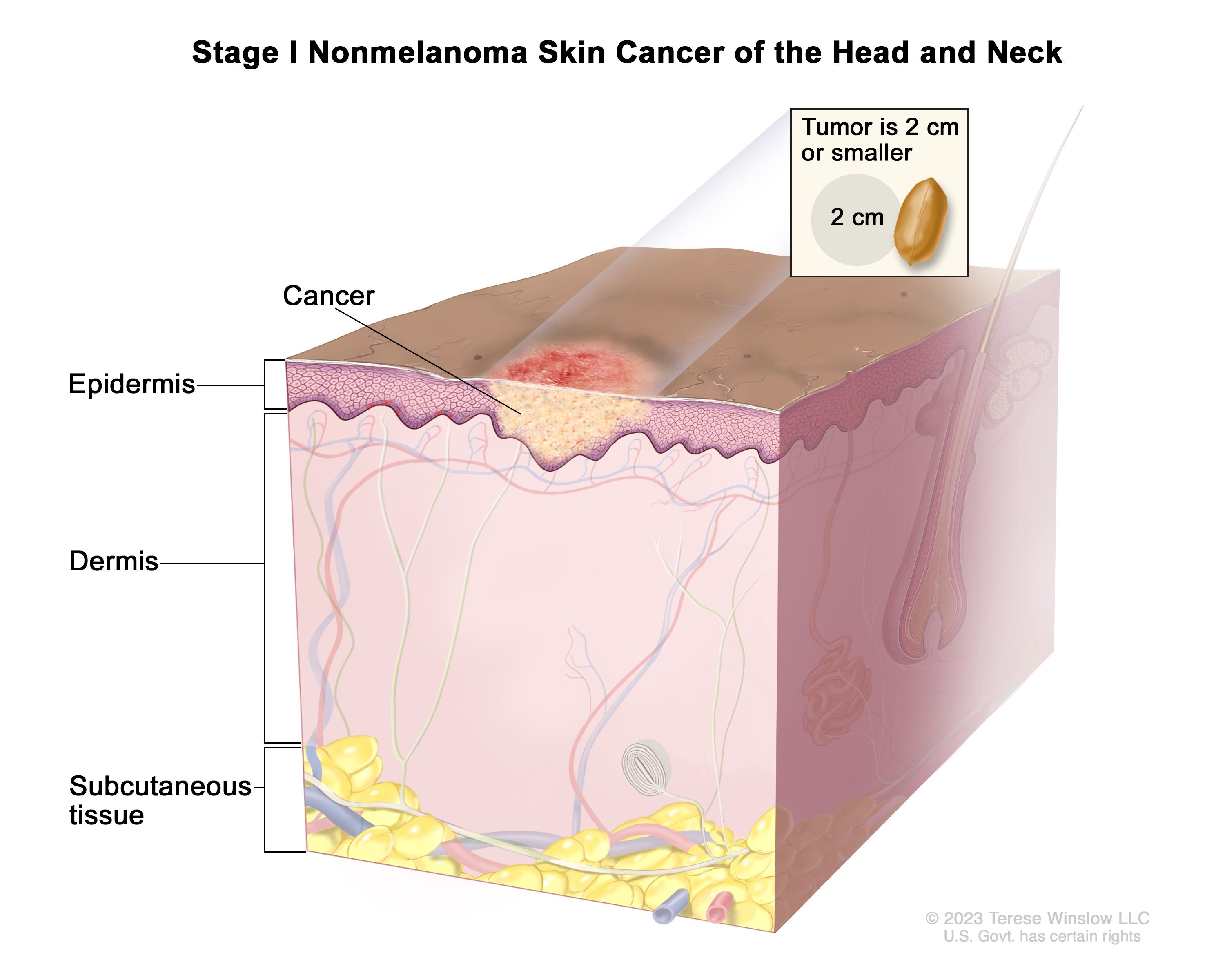
Skin Cancer Types, Symptoms and Information

MD Anderson Cancer Center: Cancer Treatment & Cancer Research Hospital
Recomendado para você
-
 Veterans Day 2022 free meals, discounts and offers - VA News21 setembro 2024
Veterans Day 2022 free meals, discounts and offers - VA News21 setembro 2024 -
 Glitches, Flipline Studios Wiki21 setembro 2024
Glitches, Flipline Studios Wiki21 setembro 2024 -
 Papa's Pizzeria To Go!: Intro + Day 121 setembro 2024
Papa's Pizzeria To Go!: Intro + Day 121 setembro 2024 -
 Papa's Burgeria - The Cutting Room Floor21 setembro 2024
Papa's Burgeria - The Cutting Room Floor21 setembro 2024 -
 Pokemon Papa s Burgeria21 setembro 2024
Pokemon Papa s Burgeria21 setembro 2024 -
 Papa's Burgeria Gameplay Part 3: Line Cook21 setembro 2024
Papa's Burgeria Gameplay Part 3: Line Cook21 setembro 2024 -
Pizzeria Poli21 setembro 2024
-
Drive Mod On Poki21 setembro 2024
-
 PIZZERIA PADRE PIO 2, San Vittore Olona - Photos & Restaurant Reviews - Order Online Food Delivery - Tripadvisor21 setembro 2024
PIZZERIA PADRE PIO 2, San Vittore Olona - Photos & Restaurant Reviews - Order Online Food Delivery - Tripadvisor21 setembro 2024 -
 Ristorante Pizzeria Da Rosa, The quality of the pizza and the freshness of the fish in our restaurant in Como21 setembro 2024
Ristorante Pizzeria Da Rosa, The quality of the pizza and the freshness of the fish in our restaurant in Como21 setembro 2024
você pode gostar
-
 7 Things Everyone Should Know About the Game Boy Advance21 setembro 2024
7 Things Everyone Should Know About the Game Boy Advance21 setembro 2024 -
 Internautas lembram juiz japonês e ironizam Fred; veja memes21 setembro 2024
Internautas lembram juiz japonês e ironizam Fred; veja memes21 setembro 2024 -
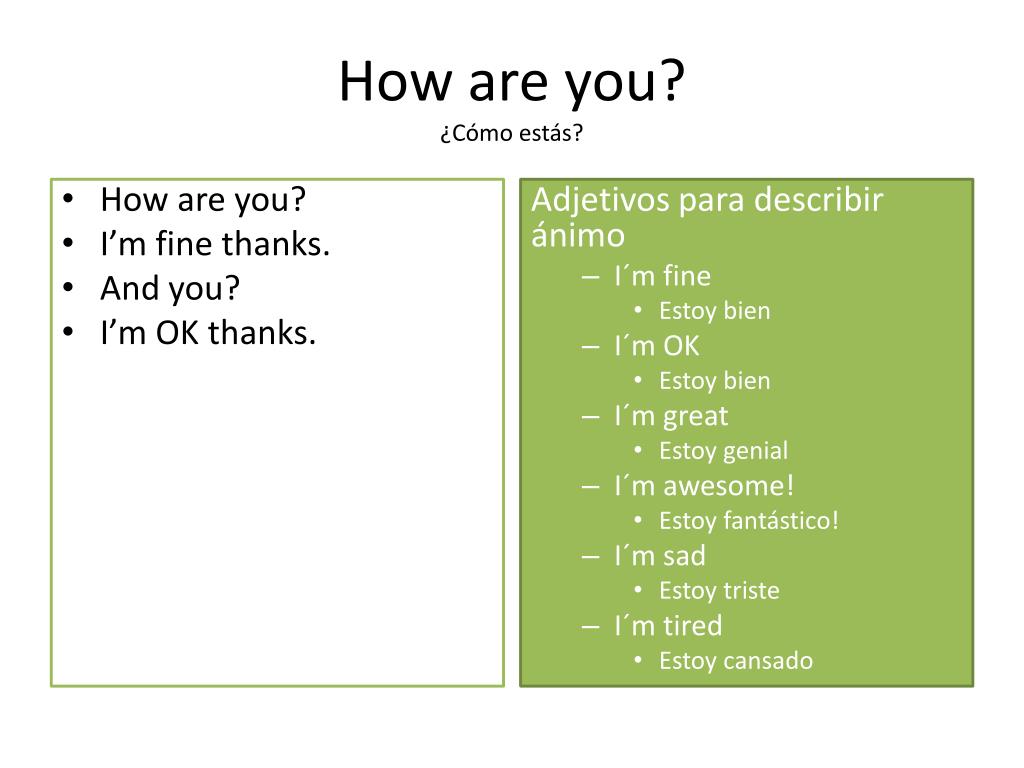 PPT - Unit 1 New friends PowerPoint Presentation, free download - ID:278556321 setembro 2024
PPT - Unit 1 New friends PowerPoint Presentation, free download - ID:278556321 setembro 2024 -
 Masterpiece Theatre: The Old Globe's A Doll's House – San Diego Story21 setembro 2024
Masterpiece Theatre: The Old Globe's A Doll's House – San Diego Story21 setembro 2024 -
 Crianças Desenhando Fotos Na Parede Ou Em Papel Pintando Crianças21 setembro 2024
Crianças Desenhando Fotos Na Parede Ou Em Papel Pintando Crianças21 setembro 2024 -
 TOWER OF GOD: NEW WORLD ADDS FLAME USER YIHWA YEON, NEW STORY CONTENT, EVENTS AND MORE21 setembro 2024
TOWER OF GOD: NEW WORLD ADDS FLAME USER YIHWA YEON, NEW STORY CONTENT, EVENTS AND MORE21 setembro 2024 -
 User blog:The Flatwoods Monster/Ao Oni vs The Gatherer- Epic Rat Battles of Horror Season Finale, Epic Rap Battles of History Wiki21 setembro 2024
User blog:The Flatwoods Monster/Ao Oni vs The Gatherer- Epic Rat Battles of Horror Season Finale, Epic Rap Battles of History Wiki21 setembro 2024 -
 Dragon's Dogma 2 - Release Date Trailer21 setembro 2024
Dragon's Dogma 2 - Release Date Trailer21 setembro 2024 -
 Pokémon Legends Arceus - Gameplay Reveal Trailer21 setembro 2024
Pokémon Legends Arceus - Gameplay Reveal Trailer21 setembro 2024 -
 Traditional Mas Characters - Calinda or Kalenda (Stick Fighting)21 setembro 2024
Traditional Mas Characters - Calinda or Kalenda (Stick Fighting)21 setembro 2024
